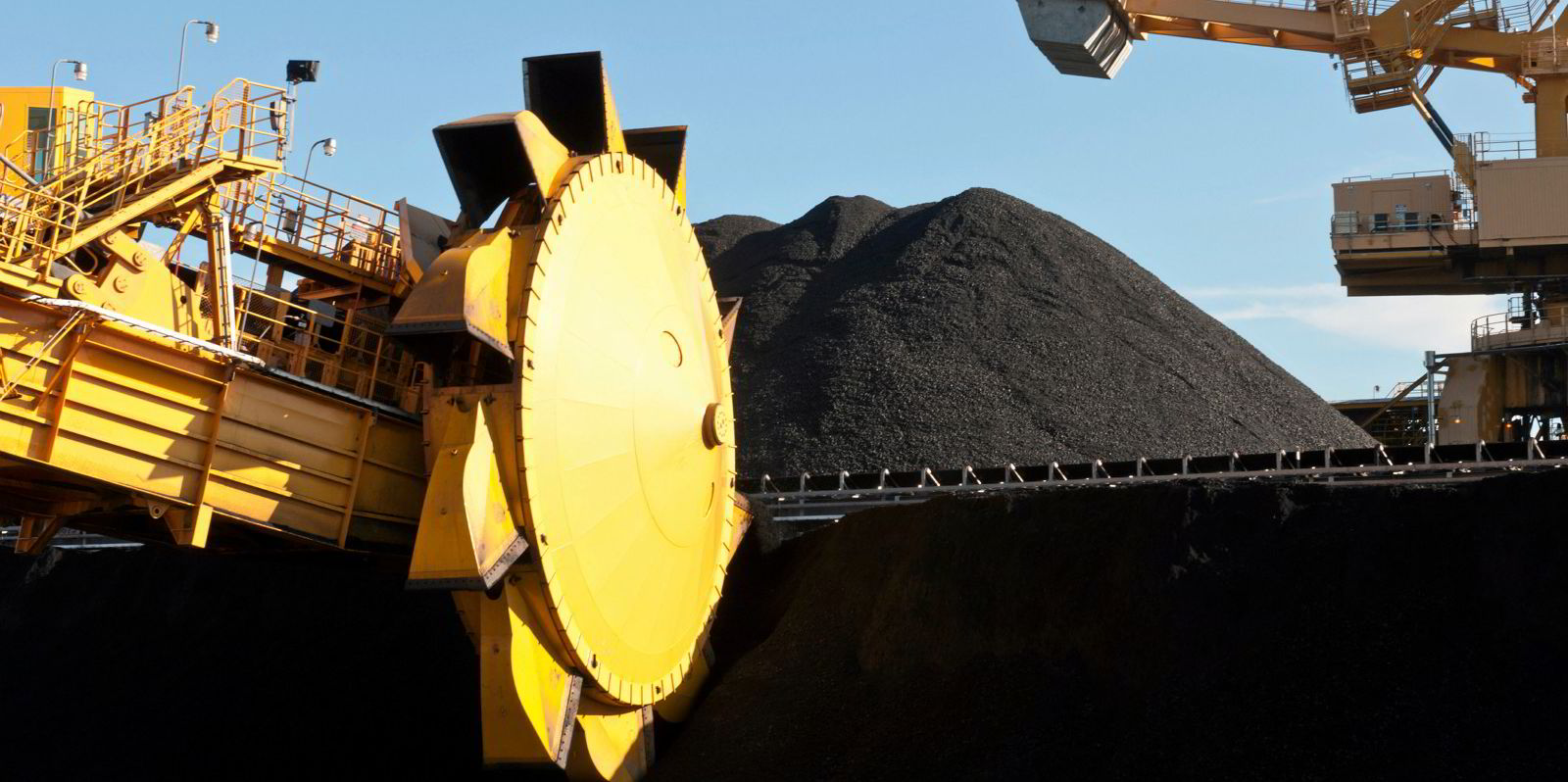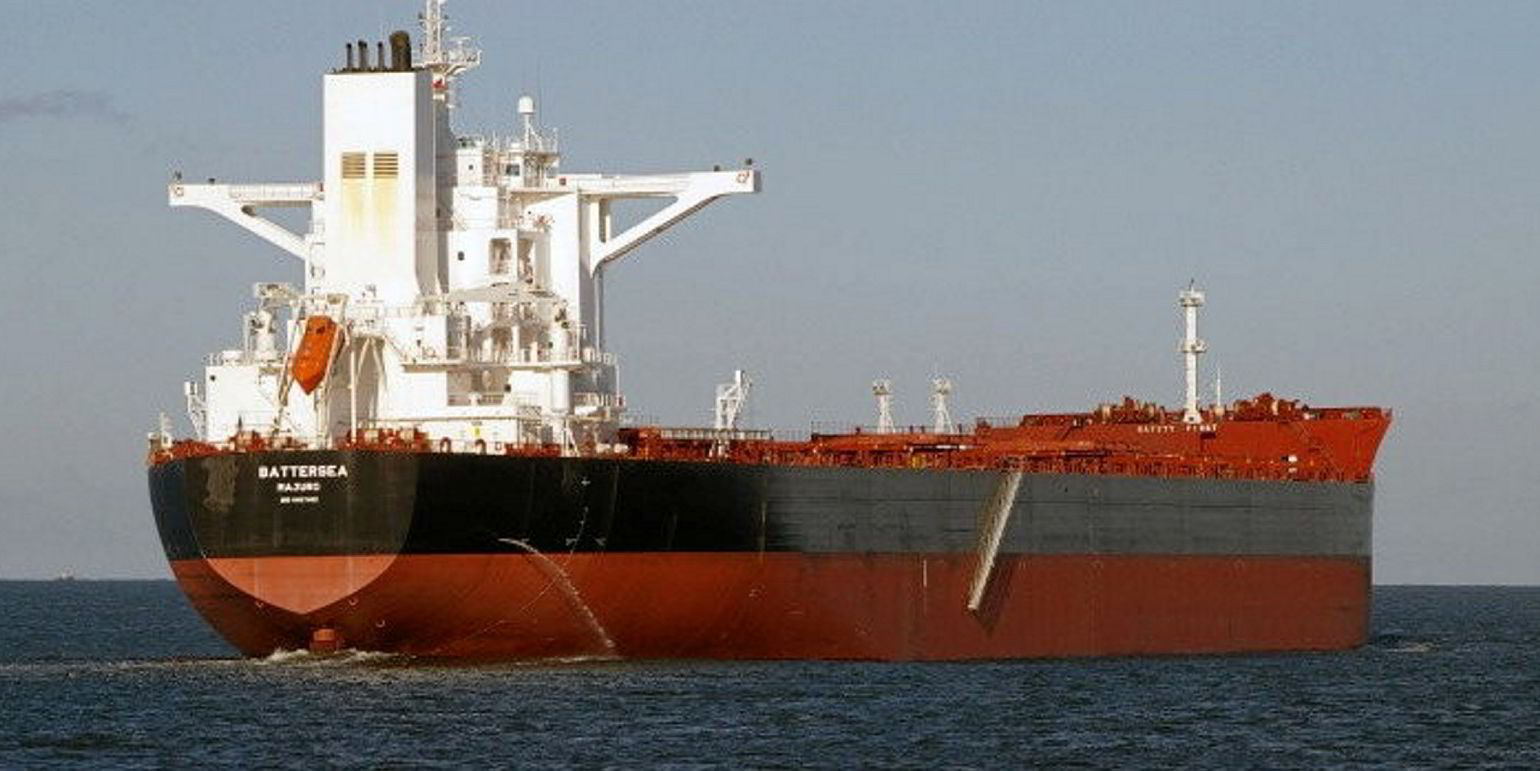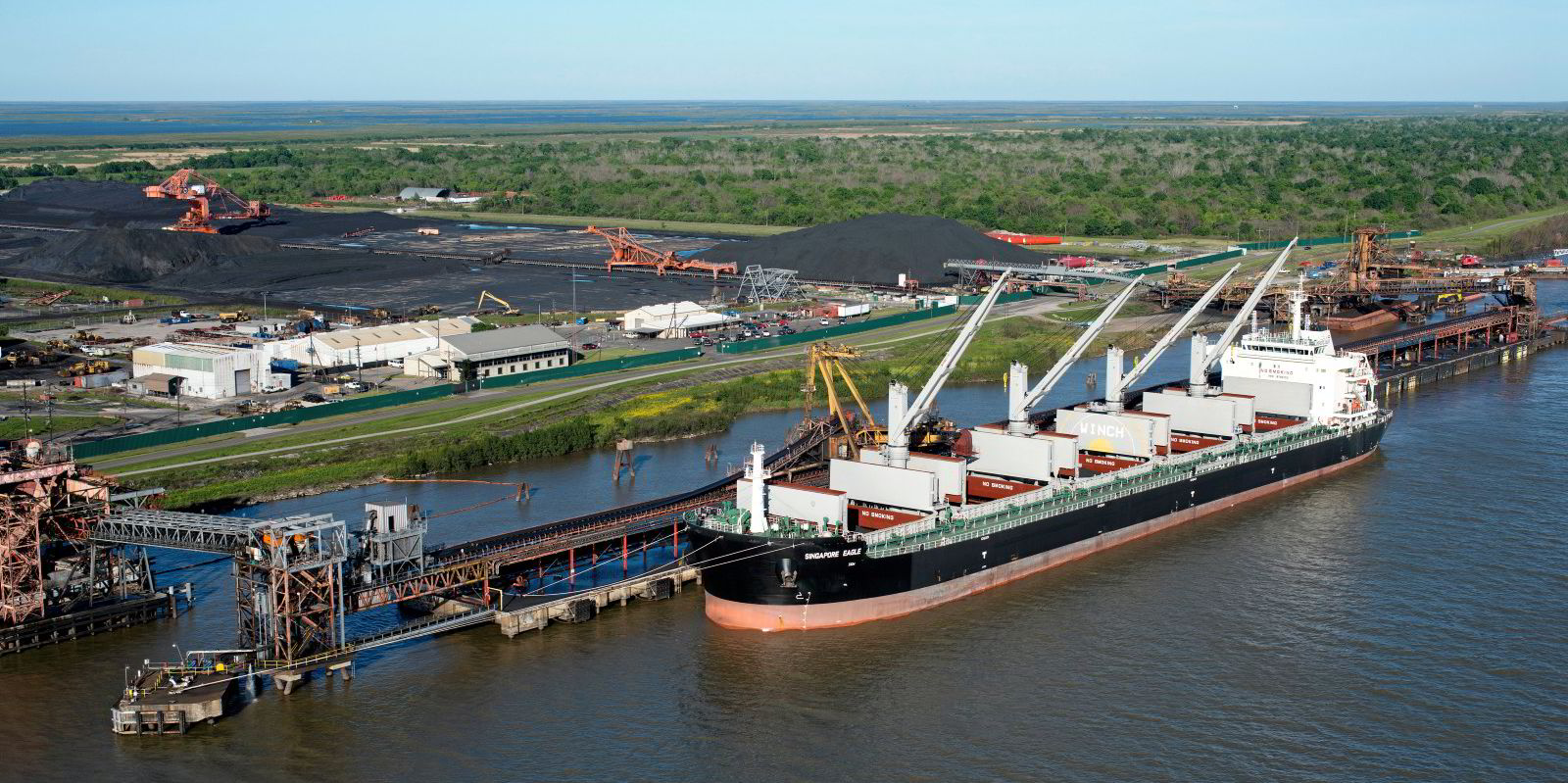China’s easing of a two-year ban on Australian coal may not have much of an effect on the dry bulk shipping market, according to brokers.
China’s state planner has allowed three central government-backed utilities and its top steel maker to resume Australian coal imports since Beijing unofficially banned them in 2020, Reuters has reported.
The National Development and Reform Commission (NDRC) on Tuesday called upon China Datang Corp, China Huaneng Group, China Energy Investment Corp and China Baowu Steel Group to discuss resuming Australian imports as China’s easing of Covid-19 restrictions boosts coal demand.
China imported up to 100m tonnes of Australian coal per year before the ban, but Australia’s annual global coal exports fell only 50m tonnes to 180m tonnes as it found other coal buyers , Jefferies analyst Omar Nokta wrote in a note on Friday.
Meanwhile, Indonesia’s annual exports to China rose 8.2% to 460m tonnes, according to Clarkson Research, as the communist country lowered annual coal imports 20% to 200m tonnes by mining its own iron ore.
As a result of this change in coal trade activity, global dry bulk tonne-mile demand should grow 1.2% a year should China “return to the export market more meaningfully, and do so primarily from Australia”, Nokta said.
But China’s lifting of the Australian ban does not necessarily signify a return to pre-Covid-19 global demand for coal, Braemar said in a note on Thursday.
“While the reopening in China will increase the country’s energy demand, we expect the strong domestic output and less logistical disruptions to keep seaborne demand subdued,” the UK broking giant said.
“Australia has also found several new customers, namely in Europe since the war started, which are likely to have filled miners’ orderbooks.”
And China is expected to match last-year’s domestic iron-ore output in 2023 to drive substitution of seaborne volumes, Braemar said.
Lifting the ban should be positive for the dry bulk market, but it should not be “a game changer”, said John Kartsonas, founder of Breakwave Advisors, an asset management firm that runs a dry bulk exchange-traded fund.
“It will bring back the East Coast Australia demand for both capesizes and panamaxes/supramaxes,” he told TradeWinds.
“It is a short haul trade, so not a big deal, but the more dispersed the trade is, the better for shipping.”
Average spot rates for those bulker sizes have started off on a downward trend for 2023, according to the Baltic Exchange.
The Capesize 5TC basket of spot-rate averages across five key routes has declined 7.5% since Wednesday to $12.543 per day on Friday. The Panamax 5TC has slipped 9.7% to $11,693 per day over the same period.
“The decline in the first week of the year appeared to be no surprise to the market due to the lackluster activity and seasonal headwinds since the holiday season,” Baltic Exchange analysts wrote on Friday.






